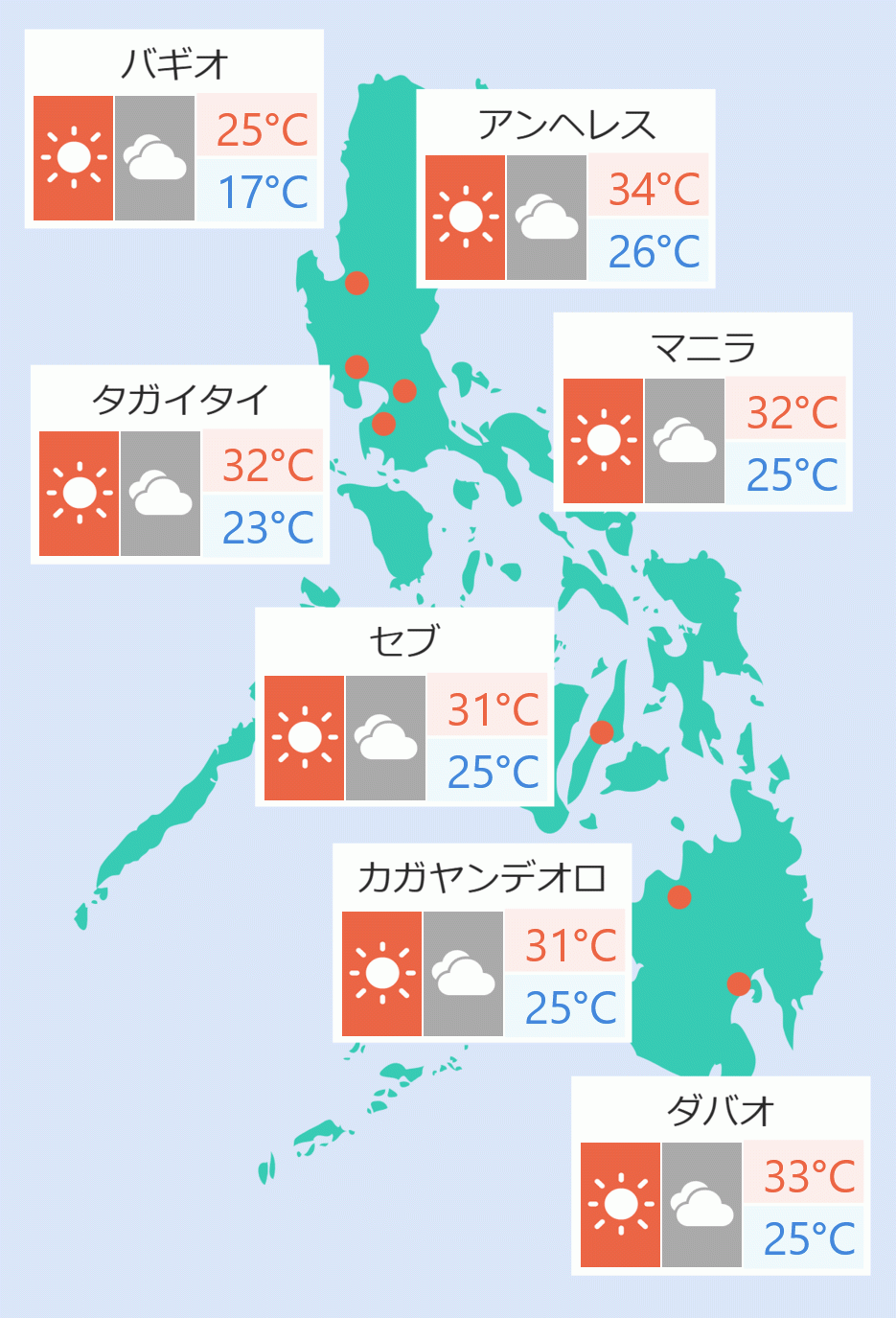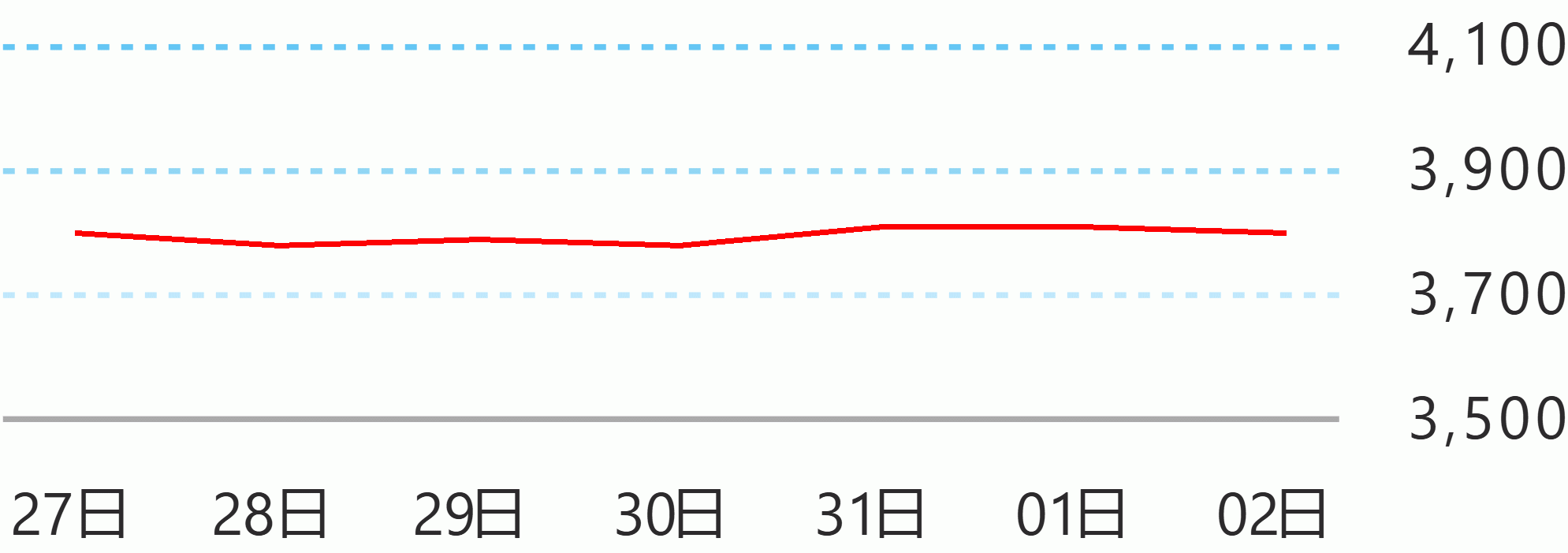Metropolitan Davao is gearing up to become a model growth area with the crafting of its Comprehensive and Sustainable Urban Master Plan 2025-2045 through the partnership between the Japan International Cooperation Agency (JICA) and National Economic Development Authority (NEDA).
JICA and NEDA, along with the project’s steering committee comprising of 15 Local Government Units (LGUs) and regional offices of national government agencies (NGAs), met last March 7 to kick off the master plan project aimed at attracting investments, identifying priority projects, and developing human resources in Metropolitan Davao.
The Metropolitan Davao Development Authority (MDDA), whose establishment was authorized in 2022 by virtue of Republic Act No. 11708 or the “Metropolitan Davao Development Authority Act”, is expected to play a major role in the realization of the master plan.
Under this law, the MDDA will have jurisdiction over six cities and nine municipalities, namely: City of Panabo, Tagum, and Island Garden City of Samal (IGaCoS) in Davao del Norte; City of Digos in Davao del Sur; City of Mati in Davao Oriental; Davao City; and the Municipalities of Sta.Cruz, Hagonoy, Padada, Malalag, and Sulop in Davao del Sur; Carmen in Davao del Norte; Maco in Davao de Oro; Malita and Sta. Maria in Davao Occidental.
JICA Senior Representative Fukui Keisuke said, “Well planned and coordinated master plan is equally important as implementation of individual projects. This 1st Steering Committee Meeting is a good opportunity to begin consultations with the stakeholders concerned and identify which development areas should have stronger focus in the master plan. JICA is determined to work with the Philippines to develop new growth areas that have a balance of economic growth and sustainable development. When we achieve this, more jobs can be created, and economic growth becomes more inclusive and sustainable.”
The master plan envisions to adopt a holistic framework that will help Metropolitan Davao deal with issues related to urban development such as land use, infrastructure, and waste management among others.
During the signing of the record of discussions last November 2023 held in Davao City, NEDA Secretary Arsenio Balisacan has encouraged the 15 LGUs to support the master plan to help “realize the development prospects of Metropolitan Davao, Mindanao, and the Philippines at large.”
This is not the first time JICA is supporting urban master planning in the Philippines.
Some of the past projects include The Roadmap for Transport Infrastructure Development for Metro Manila and its Surrounding Areas ? also known as the “Metro Manila Dream Plan”, the Davao City Infrastructure Development Plan and Capacity Building Project or “IM4Davao”, the Master Plan Study on Urban Transport System Development in Metro Cebu Project, to name a few.
For this master plan project for metropolitan Davao, Japanese experts will be dispatched to share achievements and lessons learned on Japan’s metropolitan cities in various areas such as urban planning, traffic management, socio-economic analysis, disaster risk management, coastal resource management, agri-tourism and urban greening, water resource management, wastewater management, industrial development, solid waste management, environmental assessment, institutional development, human resource development and investment and financial analysis.
JICA will also support the capacity development of counterpart Philippine Government agencies and the LGUs through training activities in Japan.
Once the master plan materializes, it is projected to benefit some five million people in Metropolitan Davao and indirectly benefit the rest of the country through jobs and investments. JICA Philippines





 English
English










